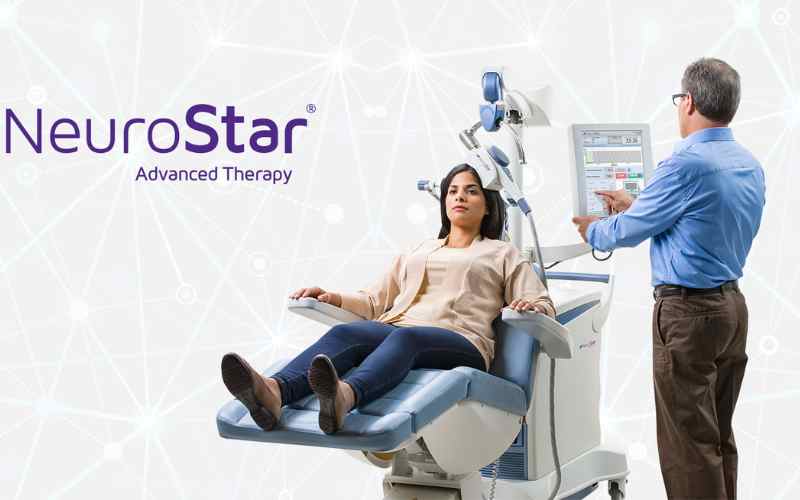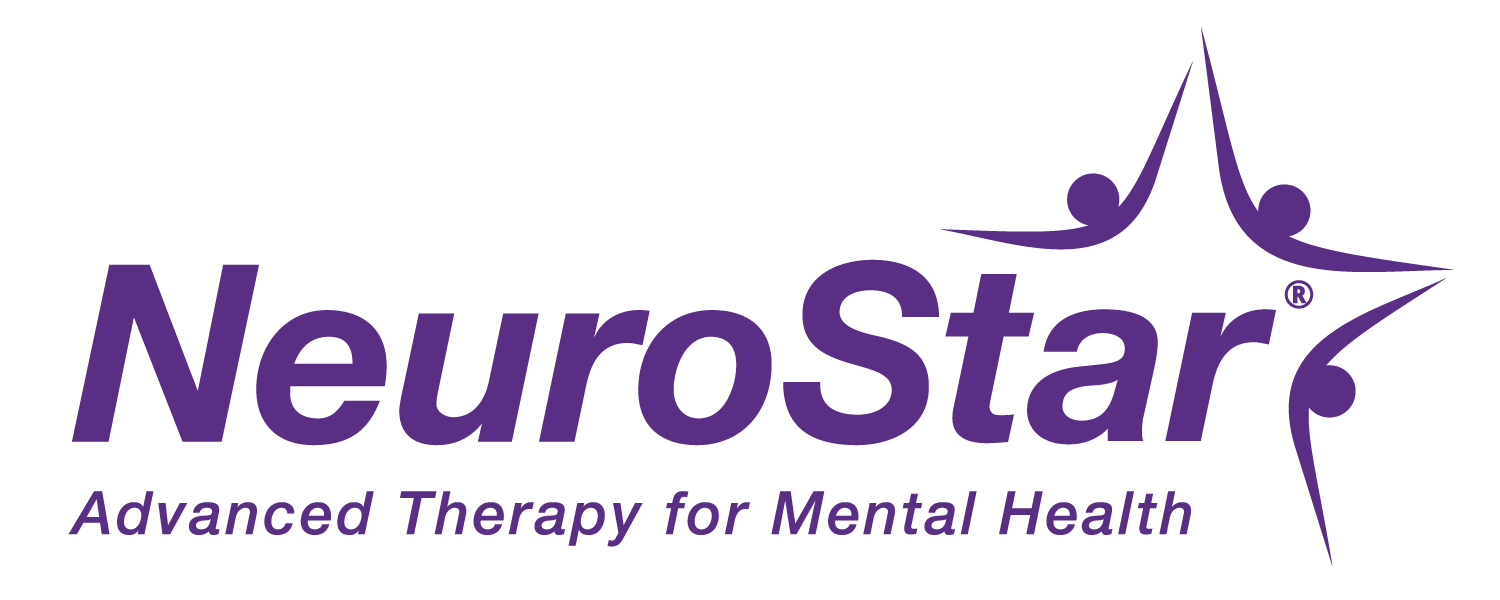Advantages of TMS Therapy over Other Depression Treatments

Depression is a challenging condition that affects millions of people worldwide. While there are various treatment options available, Transcranial Magnetic Stimulation or TMS therapy has emerged as a promising alternative to traditional treatments.
This blog explores the advantages of TMS over other treatments highlighting how it’s different from traditional depression treatments.
TMS vs. Medication
Different Approaches
TMS therapy and medication take different approaches to treating depression. While medication works by altering the chemical balance in the brain, TMS focuses on stimulating specific brain areas. This distinction is essential, especially for individuals who may be resistant to or experience side effects from medication.
Side Effects Comparison
Medications used to treat depression can have a range of side effects, including drowsiness, weight gain, sexual dysfunction, and nausea. In contrast, side effects of TMS are generally mild and temporary, with headaches or scalp discomfort being the most common.
Efficacy Comparison
Research suggests that TMS has comparable efficacy to certain antidepressant medications. However, it offers a non-systemic approach, which means it doesn’t circulate through the bloodstream like medications do. This reduces the risk of adverse effects on other organs or bodily functions.
TMS vs. ECT
Procedure Comparison
Electroconvulsive therapy (ECT) involves inducing seizures using electric currents for depression treatment. Unlike ECT, TMS therapy for depression doesn’t require anesthesia or induce seizures. Furthermore, it’s more of a controlled and focused procedure, allowing patients to resume their daily activities immediately after each session.
Side Effects and Risks Comparison
ECT carries a higher risk of side effects such as memory loss, confusion, and potential risks associated with anesthesia. TMS, on the other hand, has fewer cognitive side effects and doesn’t require anesthesia, making it a safer and more tolerable option for many patients.
Effectiveness Comparison
Both ECT and TMS have shown effectiveness in treating depression. However, TMS is generally considered less invasive and has a more favorable profile. TMS therapy for depression is also preferred for individuals who prefer non-invasive treatments or can’t tolerate the potential side effects of ECT.
TMS vs. Psychotherapy
Treatment Approach Comparison
Psychotherapy involves talking to a trained therapist to address the underlying causes of depression and develop coping mechanisms. TMS therapy directly targets the brain regions associated with depression. Both approaches can be used together for a comprehensive treatment plan.
Time and Effort Required
Psychotherapy often requires regular sessions over an extended period, sometimes several months or years, to see significant improvements. TMS therapy for depression, on the other hand, typically involves daily sessions over a few weeks, making it a more time-efficient option for individuals seeking quicker relief.
Effectiveness Comparison
While both TMS and psychotherapy have demonstrated efficacy in treating depression, TMS may provide more immediate relief for individuals with severe or treatment-resistant depression. It offers a more direct intervention on brain activity, leading to faster improvements in symptoms.
Why Choose SNBCare?
SNBCare is a team of skilled and compassionate providers offering a comprehensive selection of outpatient mental health services. With a strong commitment to delivering exceptional care, we provide a variety of treatments such as medication management, psychotherapy, or Neurostar TMS. Our welcoming environment prioritizes patient comfort and ensures that individuals receive the utmost quality treatment they deserve.

